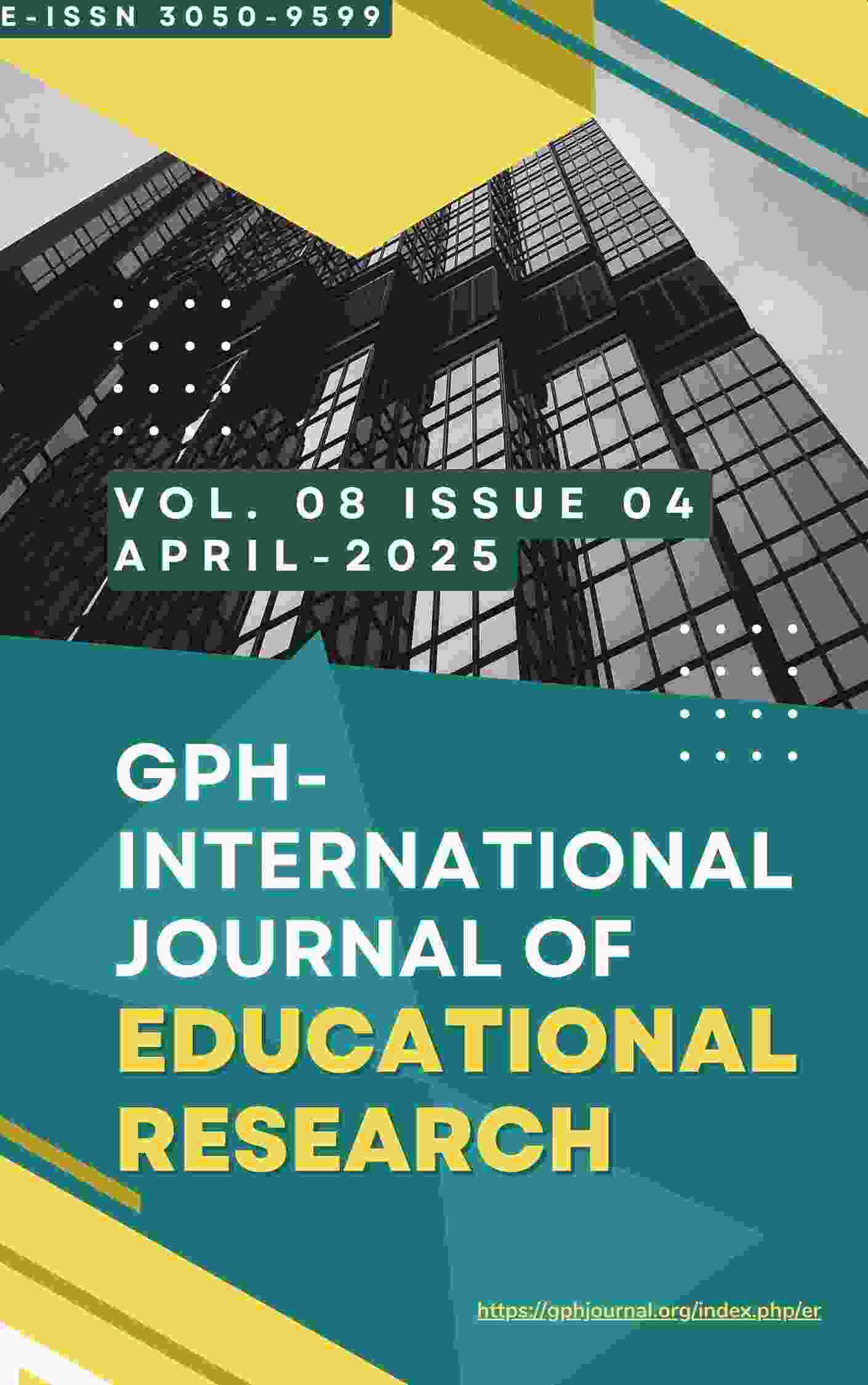PSYSHIELD CENTER: A COLLABORATIVE PROGRAM FOR INDONESIAN STUDENTS TO COMBAT CYBERSEXUAL EXPLOITATION
Abstract
Cybersexual exploitation among adolescents has become an alarming phenomenon requiring urgent and collective attention. Reports from the Indonesian National Police reveal a significant increase in cases between 2020 and 2022, indicating a troubling trend of growing child victimization. Previous interventions have not been sufficiently effective, especially in addressing online exploitation among students aged 12–17 years. This study employs a literature review method, analyzing scholarly articles, government data, and international reports through thematic analysis to identify gaps and develop comprehensive strategies.As a result, the PsyShield Center program was conceptualized to provide psychological and legal assistance to victims of cybersexual exploitation within secondary school environments. PsyShield Center incorporates sub-programs such as Scanning, Psycho Campaign, Cyber Report, Cyber Investigation, Rehabilitation, Justice Alliance, and Monitoring. The program also aligns with Sustainable Development Goals (SDG) 5 and 16, emphasizing gender equality, child protection, and strong legal institutions. Its implementation is guided by SMART (Specific, Measurable, Acceptable, Realistic, and Time-bound) targets and utilizes the I-CARE method to ensure structured execution over five years (2024–2028). Furthermore, stakeholder collaboration involving law enforcement, legal aid organizations, educational institutions, and psychological associations strengthens the program’s operational foundation.In conclusion, PsyShield Center represents a strategic, multidisciplinary, and sustainable solution to address the increasing challenge of cybersexual exploitation among Indonesian students. By integrating education, psychological rehabilitation, legal advocacy, and technological innovation, the program not only seeks to respond to immediate needs but also aims to foster a long-term systemic shift toward a safer environment for children online. Effective collaboration across sectors and continuous evaluation will be essential for realizing the full potential of PsyShield Center in protecting Indonesia’s young generation.
Downloads
References
ECPAT, UNICEF, & INTERPOL. (2022). Disrupting harm in Indonesia: Evidence of online child sexual exploitation and abuse. https://ecpatindonesia.org
Indonesian Child Protection Commission [Komisi Perlindungan Anak Indonesia (KPAI)]. (2023). Supervision notes on child protection during the pandemic transition period: Positive parenting, Indonesian children free from violence. https://www.kpai.go.id/publikasi/catatan-pengawasan-perlindungan-anak-di-masa-transisi-pandemi-pengasuhan-positif-anak-indonesia-terbebas-dari-kekerasan
Databoks. (2021, June 4). KPAI: The majority of child exploitation and trafficking victims are still attending school. https://databoks.katadata.co.id/datapublish/2021/06/04/kpai-mayoritas-korban-eksploitasi-dan-perdagangan-anak-masih-aktif-sekolah
Yudaningsih, L. P. (2013). Legal protection for children as victims of commercial sexual exploitation (CSEC). Jurnal Ilmu Hukum Jambi [Preprint]. https://media.neliti.com/media/publications/43293-ID-perlindungan-hukum-terhadap-anak-sebagai-korban-eksploitasi-seks-komersial-anak.pdf
Permatasari, E., Trismahwati, D., & Fuad, M. F. (2016). Protection of child victims of sexual exploitation from a juridical-normative and psychological perspective: Case study in the legal area of Lampung Timur Police. Jurnal XIII.
Pusiknas Bareskrim Polri. (2023). Pornography, prostitution, and exploitation cases tend to increase. https://pusiknas.polri.go.id/detail_artikel/kasus_pornografi,_prostitusi,_dan_eksploitasi_cenderung_meningkat_
Rani, F., Ismandianto, I., & Kirana, K. (2021). Indonesian government policy in addressing cases of commercial sexual exploitation of children in Indonesia. Nakhoda: Jurnal Ilmu Pemerintahan, 20(2), 14–25. https://doi.org/10.35967/njip.v20i2.202
Widi, S. (2022). There are 68.66 million Generation Z in Indonesia: Here is the distribution. Data Indonesia. https://dataindonesia.id/varia/detail/ada-6866-juta-generasi-z-di-indonesia-ini-sebarannya
UNICEF. (2022). New survey data: Up to 56 percent of incidents of sexual exploitation and mistreatment of Indonesian children online go unreported. https://www.unicef.org/indonesia/id/siaran-pers/data-survei-baru-hingga-56-persen-insiden-eksploitasi-seksual-dan-perlakuan-yang-salah
Yoku, M. S. (2022). Legal protection for victims of child cyber-grooming in sexual crimes. SYNTO Institute.
Author(s) and co-author(s) jointly and severally represent and warrant that the Article is original with the author(s) and does not infringe any copyright or violate any other right of any third parties, and that the Article has not been published elsewhere. Author(s) agree to the terms that the Global Publication House will have the full right to remove the published article on any misconduct found in the published article.























